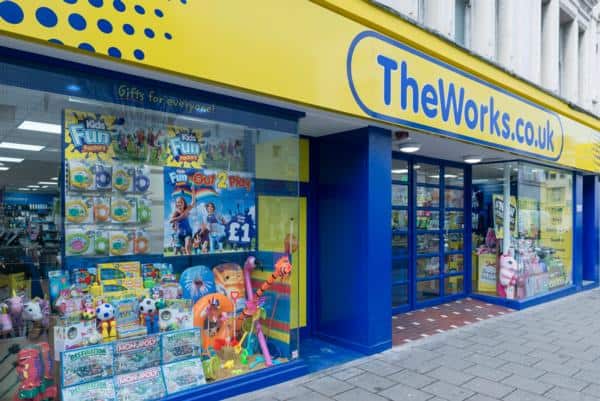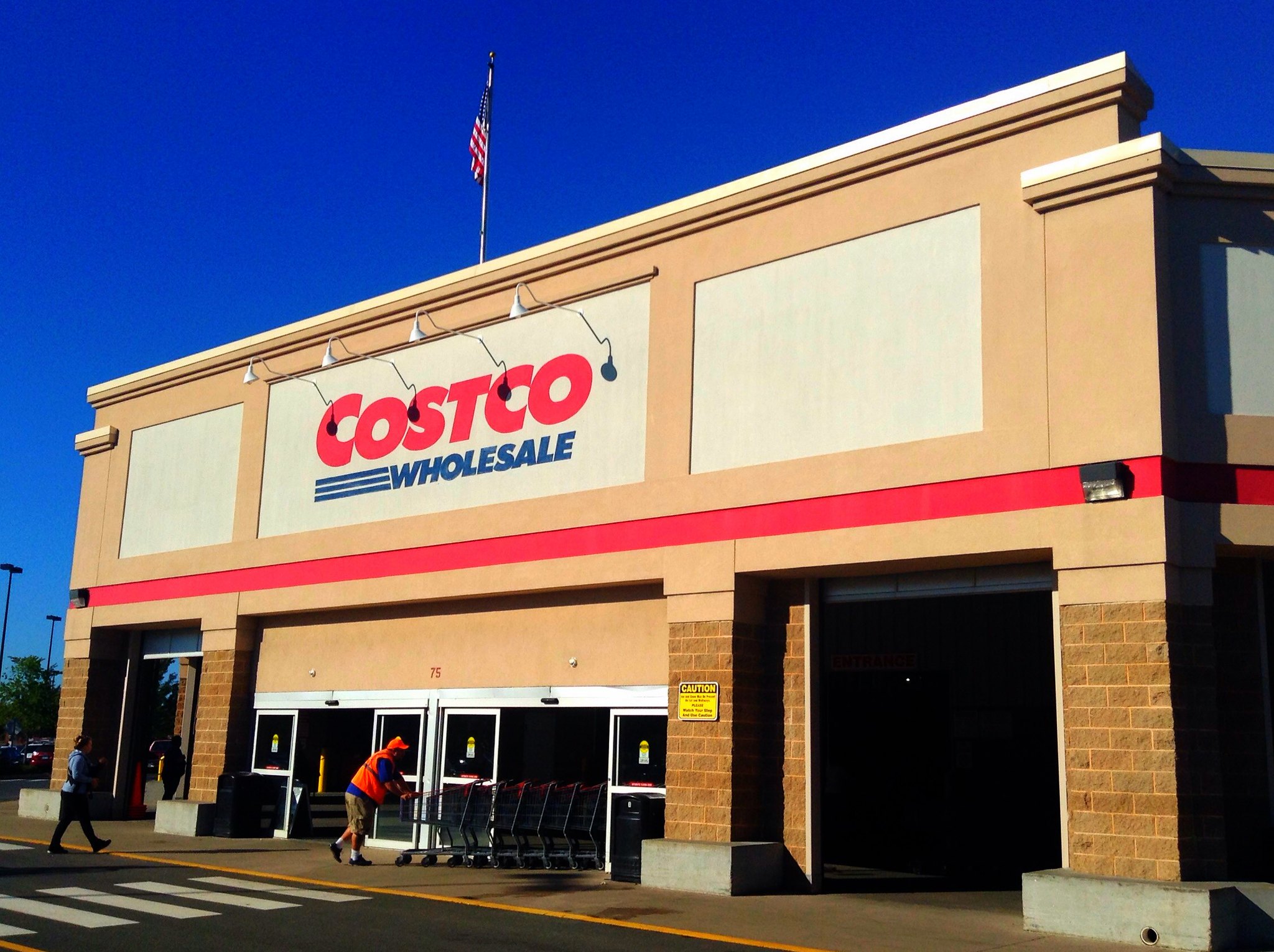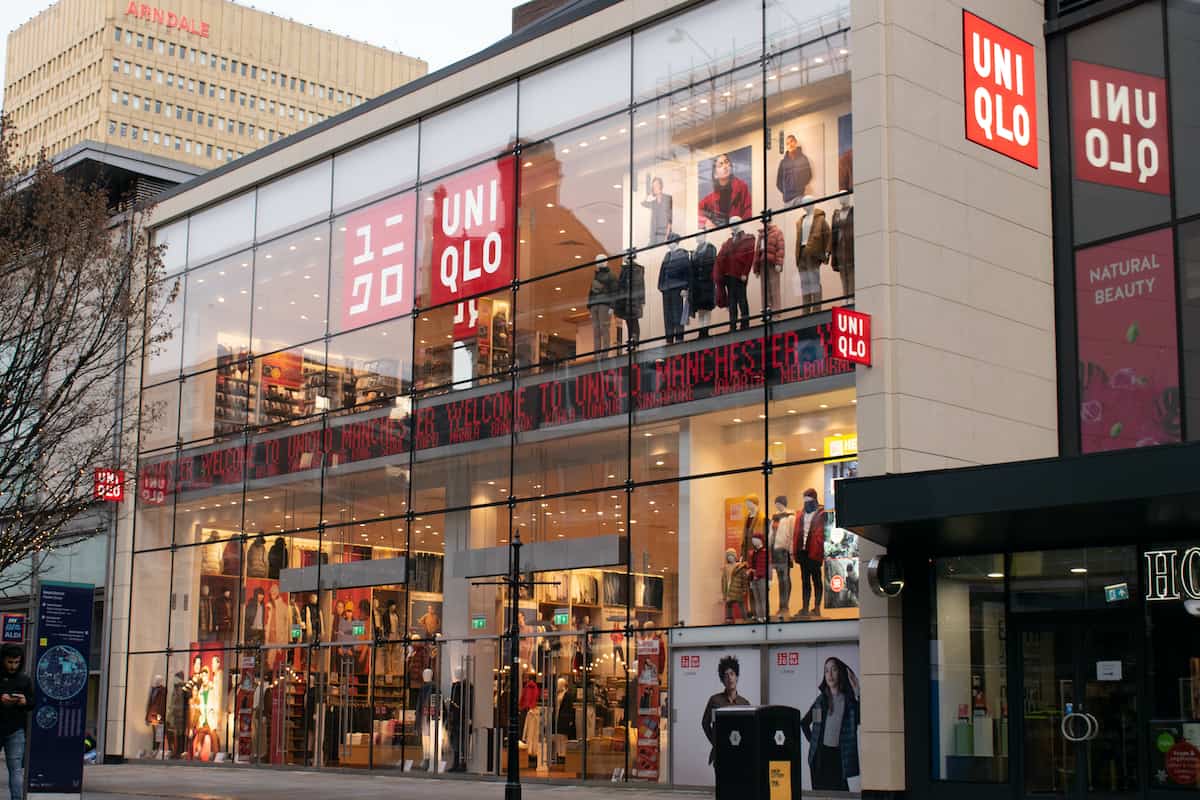The Works today reports that online sales grew by 120.9% in its latest financial year, as it saw a period of “unprecedented demand” when its stores closed for Covid-19 lockdowns. But ecommerce growth could not compensate for those store closures. Now the retailer is investing online, in customer engagement – but says its stores remain its “lifeblood”.
The discount books, crafts and entertainment retailer, ranked Top100 in RXUK Top500 research, says it has ended the year stronger than before the pandemic, with growing sales, falling losses and no net borrowings. Over the full year, around 20% of sales took place online – up from 10% pre-pandemic – but ecommerce could not make up for the loss of trade through temporarily closed stores.
Fast online growth contributed to a “step change” in profitability and repaid the investment that the discount books, crafts and entertainment retailer made in both extra fulfilment capacity and a new, more robust web platform. During the year the retailer shifted its focus online, and made improvements to existing stores rather than emphasising new openings.
Today The Works reported revenue of £180.7m, in the 53 weeks to May 2. That’s down by 19.7% on the previous year, largely as a result of temporary store closures during repeated Covid-19 lockdowns. But when the effect of those store closures are excluded, like-for-like (LFL) sales grew by 6% – to £128.9m – and online sales by 120.9% – to £62.1m from £28.1m a year earlier. Pre-tax losses narrowed to £2.8m from £18m a year earlier.
Gavin Peck, chief executive of The Works, says: “It has been an intensely challenging year due to the Covid-19 pandemic but, because of our quick action, careful cost management and ’can-do’ culture, The Works has emerged as a stronger business. Whilst we couldn’t control temporary store closures, we focused on the things we could control, such as improving operations, managing costs carefully and continuing to invest in our online offer.”
He adds: ”If, at the beginning of FY21, we had known that our shops would be closed for nearly six months of the year, we would not have expected to achieve this resilient performance. The foundations we laid before the pandemic helped us to navigate the year much more successfully. We had already begun to de-emphasise store openings in favour of accelerating profitable digital growth, and driving improvements through the existing store estate, with the aim of being not just a bigger version of ourselves, but a better version.
“The net result is that we have ended the year in a strong financial position, with no bank borrowings and are much more effective operationally than we were before the pandemic. We are now even better prepared to execute our refocused strategy and are confident in the future prospects of the business.”
The retailer says that sales were strong in-store when the stores were able to trade, and online throughout the year. Families bought arts and crafts, books and jigsaws to entertain children while adults looked for new activities, including adult colouring books and puzzle books. Those trends have continued into the new financial year.
Since the year-end, in the 11 weeks to July, the retailer has reported LFL revenues 13% ahead of the same time in 2019, and online sales are about double the level they were in the same period. The comparison is with two years earlier because last year stores were closed for most of the period.
Multichannel strategy
Looking ahead, the retailer now plans to continue investing online, where it will offer a broader range of products. “We attracted many new customers to our website during the pandemic and, with a step change in online profitability, a new web platform and increased fulfilment capacity, we can grow our online business with confidence, taking advantage of the expected ongoing increase in penetration of this channel.” At the same time, it will continue to develop its brand and customer engagement, using tons including improved customer insight an analysis, and its ‘together’ loyalty scheme.
But its “lifeblood” store estate of more than 500 shops will remain an important part of the business. At year end, the retailer had 527 shops, following 11 closures and four openings during the year, and it will make “selective” decisions about opening more – but no more than 10 new stores a year in the near term, whereas previously it looked to open 50 a year. New openings will be focused on the top 100 locations where it does not yet sell. It will will also leave loss-making stores where it is not possible either to grow sales or to renegotiate rents. “However,” it says in today’s statement, “the key part of our new strategy is to improve the in-store customer experience in our existing stores through better ranging, merchandising and making the stores easier to shop.”
The retailer also says it will take a more long-term partnership approach with key suppliers.
The Works chair Dean Hoyle is stepping down from the role in September, after seven years, and will be replaced by Carolyn Bradley.









